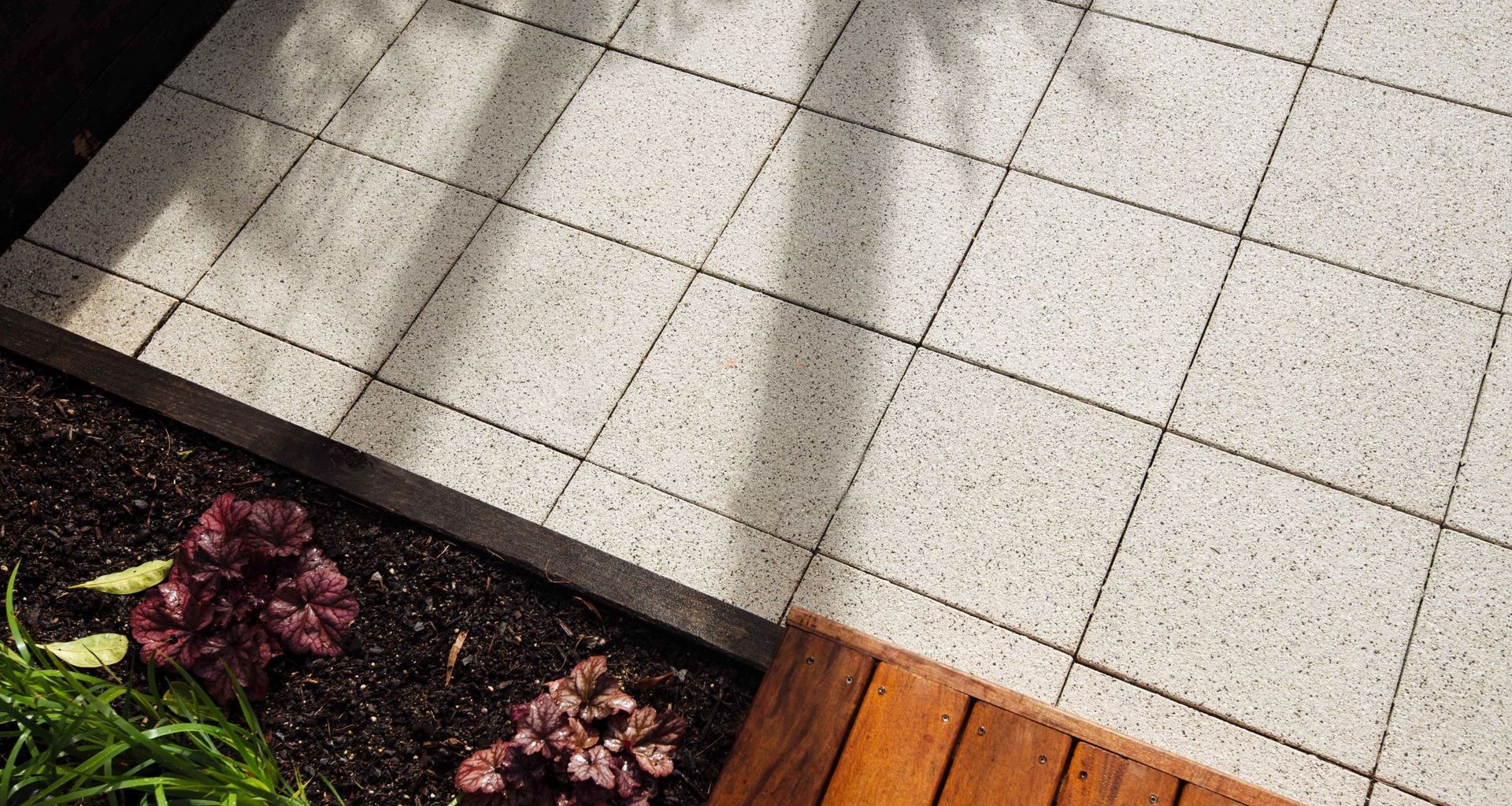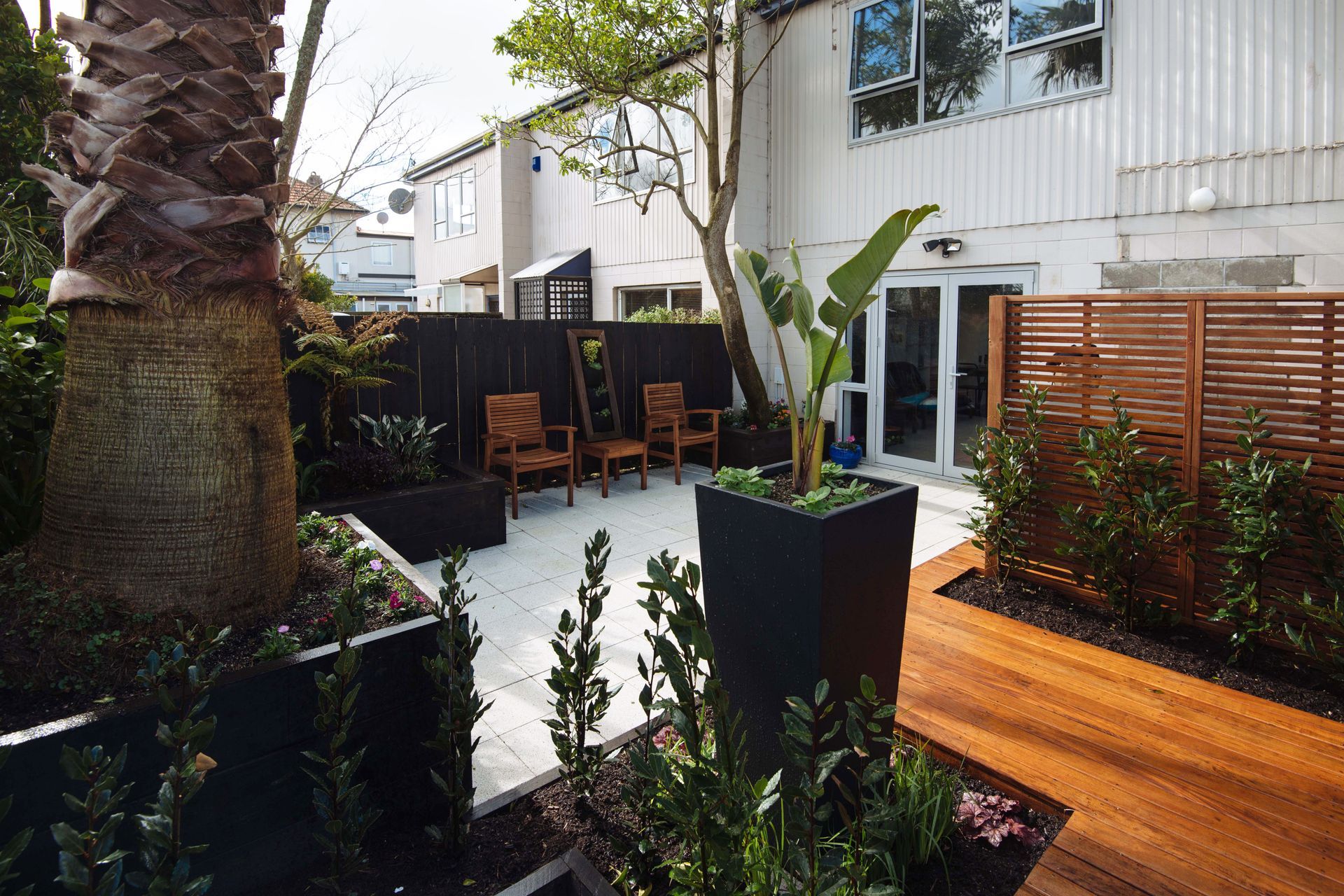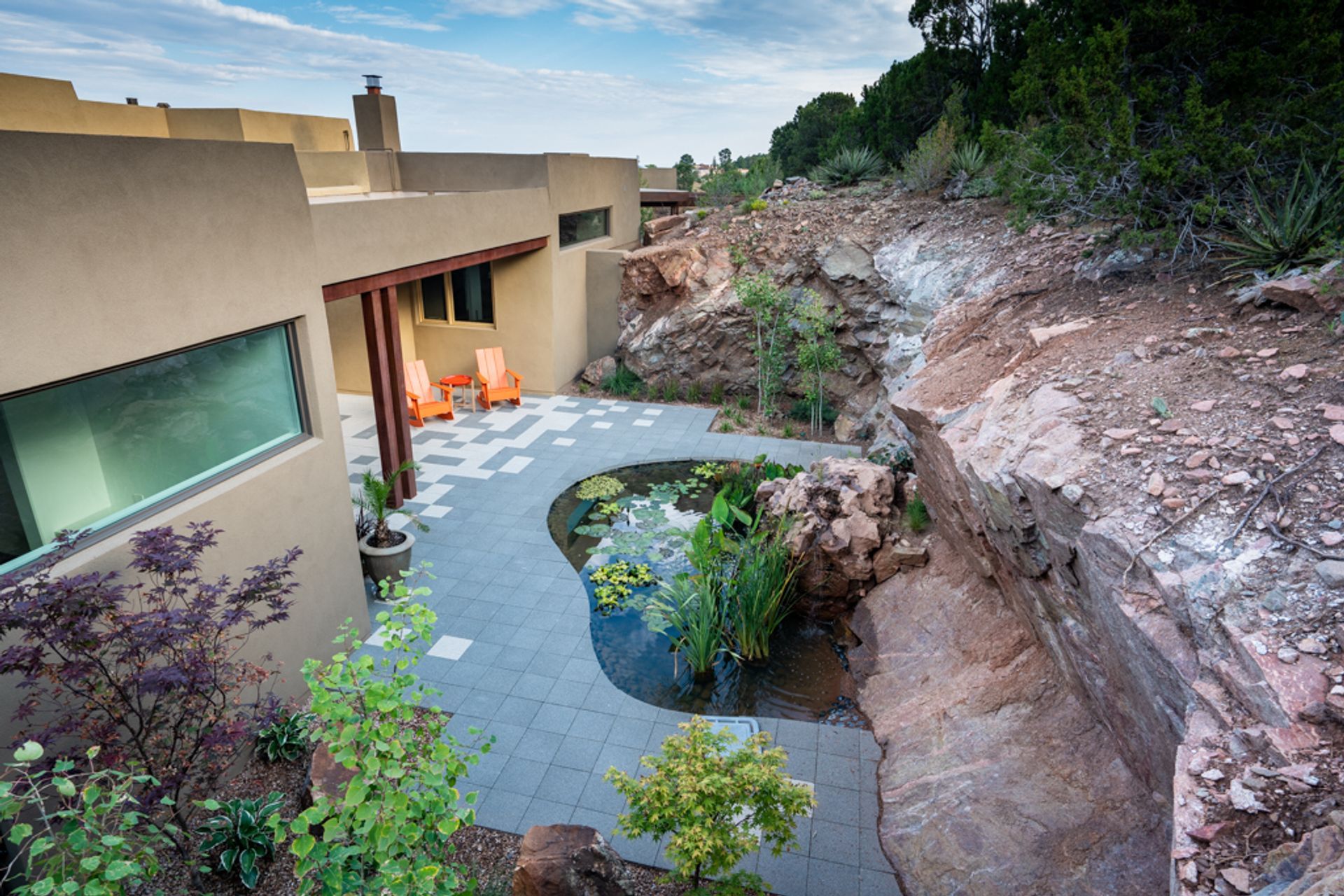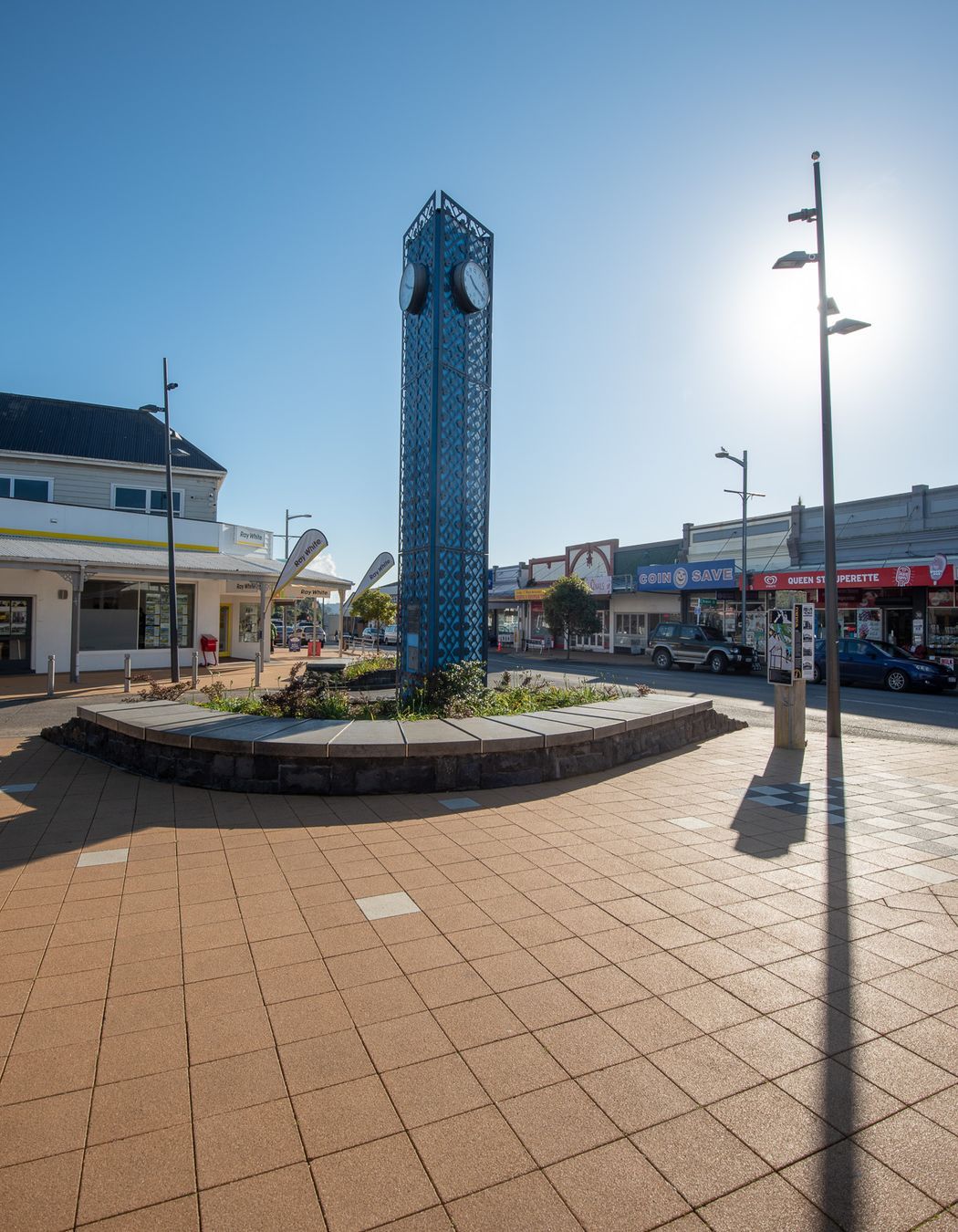The true permeable paver
Written by
11 June 2019
•
3 min read

Made from recycled porcelain tiles, the hydropaver is a revolutionary permeable landscaping solution with zero run off, designed to reduce the heat island effect and naturally filter pollutants from stormwater.
Most ‘permeable’ paving products, such as those made from standard dry-cast concrete, rely on the gaps between pavers to allow water to pass, and rely entirely, but not always successfully, on the supporting layers to retain water.
“The gaps can easily clog and completely negate the permeability of the paving installation,” Jagas’ Warwick Smith says. “Standard pavers require significant and often costly drainage solutions to be installed, especially in areas such as carparks. This can add significant costs to a project budget.”
Standard concrete and stone pavers also contribute to the ‘heat island’ effect in urban areas. It’s these, among other common issues, that led Warwick to delve into a vast research project aiming to find a better paving solution for urban areas.
The result is the Jagas Hydropaver, a certified permeable paving solution that lowers the surrounding temperatures, has zero runoff, is both porous and suitable for vehicle loadings and in some cases does not require additional drainage solutions to be installed.
“Our hydropavers are truly permeable, allowing water to flow through the surface of the paver. The pavers will hold the first
11mm of rainfall inside the voids in the paver. When the rain stops, this water will transpire back into the atmosphere,” Warwick says. This equates to a water retention capacity of 11 litres per square metre of paving.
Hydropavers are made with recycled porcelain tiles in a process called sintering where the tiles are crushed, heated to 1,200 degrees Celsius and pressed together beneath a 1,600-tonne force. “It’s this process that gives the pavers their permeability.
It’s also this process that gives the pavers their strength
and durability.
“They are colourfast because the colour is baked into the paver, and they require no sealing or maintenance over time. In fact,
they are likely to well outlast buildings and other construction materials.”
The microscopic pores that are present in the pavers filter nitrogen out of the water naturally. “The dairy industry is the single biggest polluter in New Zealand, emitting nitrogen-enriched water that goes on to damage our waterways causing algae blooms and damage. These pavers are a solution to reduce the amount of nitrogen entering our waterways from built-up and urban areas.”
Jagas Hydropavers are certified as a permeable paving solution and meet the permeability requirements of the Auckland Unitary Plan. They are being used by Auckland Transport and Housing New Zealand. Available in a range of five colours and various sizes, they are suitable for a vast array of applications from swimming pool surrounds to commercial carparks and public urban areas.
Visit Jagas on ArchiPro here to find out more about hydropaving for your next landscaping project.


